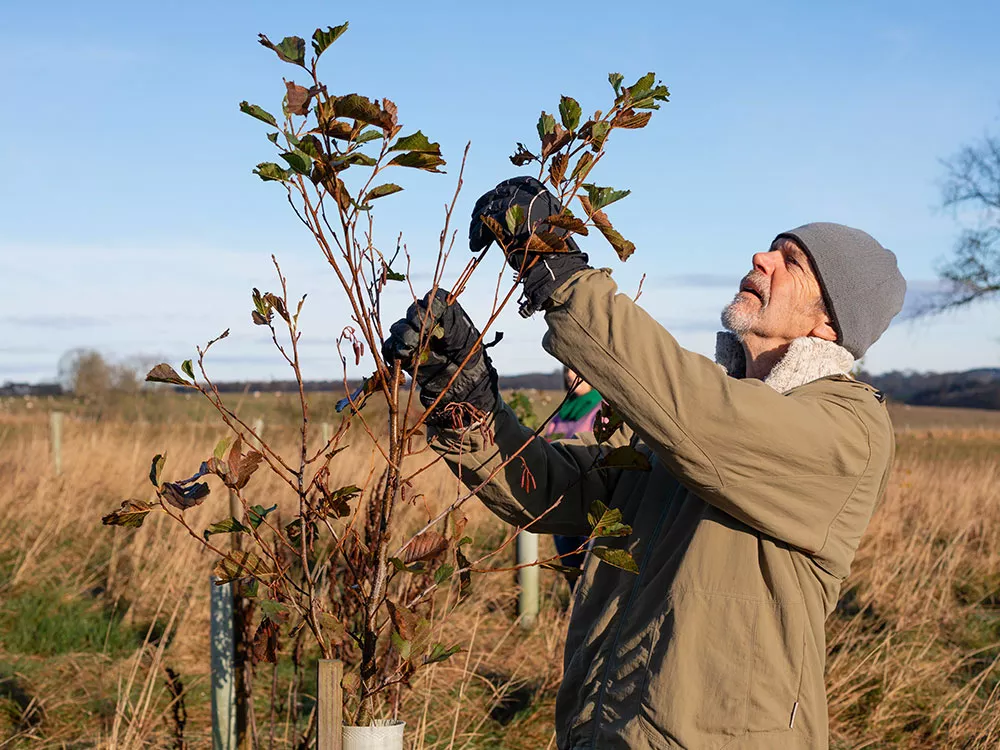Now live: The 2025 Canopy Report. Learn how Americans see trees. GET THE REPORT
Bulletin
How to Conduct a Street Tree Inventory
Whether a farmer or a diamond merchant, anyone who produces or manages items of value keeps an inventory. The figures are not only a monitor of current value, but a constant guide to decisions.

In community forestry, a street tree inventory can be a valuable tool for upgrading management and ensuring a healthy forest for the future.
There have been many people lost in the woods while carrying a compass, an instrument they thought would prevent such a happenstance. Once lost, they found there is nothing magic about carrying a compass — it must be working properly and the bearer must know how to use it.
Community tree inventories are much the same. It is often said that an inventory is the necessary first step toward good management of the tree resource. Yet it is also well-known that in smaller cities, especially, once an inventory has been completed, the results often end up on the proverbial shelf to gather dust. Rather than being a help to management, the inventory is held up by taxpayers or an elected official as an example of wasted time and money.
In larger cities, an inventory is more often part of the daily routine of tree management. Its initial preparation is a major project, but once completed it is used regularly to plan work for city crews or contractors and to keep tabs on what is accomplished. On this scale, both the inventory and its use are work for experts.
In smaller communities there is more opportunity — and need — to adopt inventory-based tree management. It is toward this goal that Bulletin 23 is dedicated. In these pages are some of the basics needed to conduct a useful inventory. More instruction and professional guidance will be necessary before the work is actually conducted, but for the uninitiated or someone who has had a brief and bad experience with an inventory, the purpose here is to remove some of the mystery and point the way toward inventories that help. As can be seen in the last section of this bulletin, computer technology, combined with the results from years of research, has now made tree inventories more useful than ever.
In This Bulletin
Here’s what’s inside:
- Why Do An Inventory? – determining why a street tree inventory needs to be done will guide how to do it
- Kinds of Inventories – understanding the different types of inventories
- What Data to Collect – building the foundation of your inventory system by collecting the right information
- Managing the Project – the four essential steps for a successful inventory
- Reports – examples of reporting that can help make the data more useful
- What About GPS and GIS? – integrating this technology for better data collection and display
